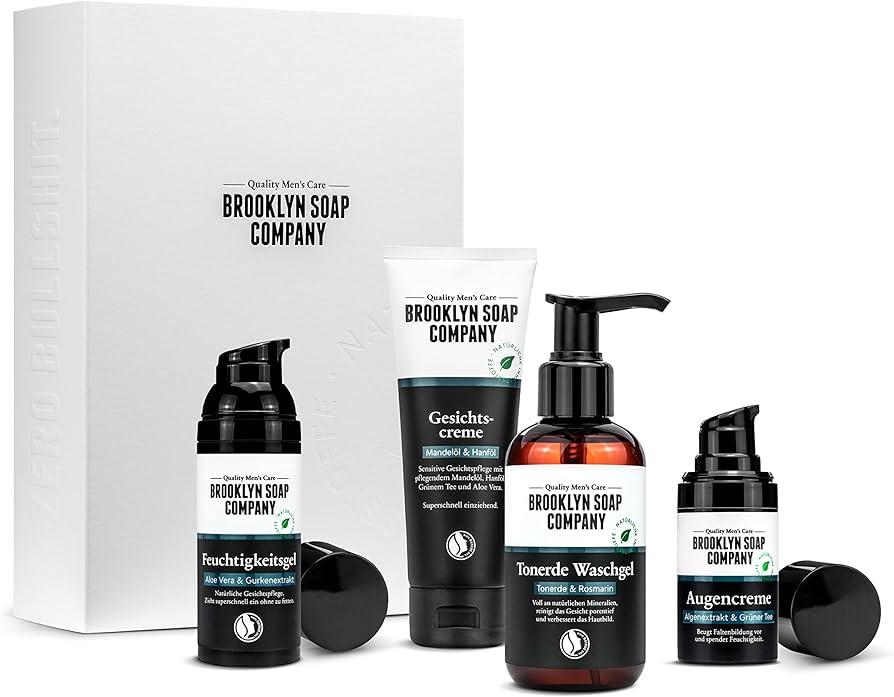Brooklyn Company Recalls Enoki Mushrooms Due to Listeria Contamination Concerns
A Brooklyn-based producer has initiated a voluntary recall of its Enoki mushrooms following the detection of Listeria monocytogenes, a dangerous bacterium linked to severe infections. This recall encompasses all products distributed within the last 30 days, as the company works closely with the FDA and CDC to identify the contamination source and safeguard public health.
Consumers are strongly encouraged to inspect their stored mushrooms and dispose of any packages from the affected batches immediately, regardless of appearance. Awareness of listeriosis symptoms is crucial for those who have recently consumed these mushrooms. Common signs include:
- Elevated body temperature and muscle soreness
- Digestive disturbances such as nausea or diarrhea
- Headaches accompanied by neck stiffness
If any symptoms arise after ingestion, prompt medical evaluation is advised. Retailers should promptly remove recalled items from inventory and coordinate with the supplier for proper return procedures.
| Product | Package Weight | Regions Distributed |
|---|---|---|
| Enoki Mushrooms | 200g, 400g | New York, New Jersey, Connecticut, Pennsylvania |
Urgent Advisory: Consumers Must Discard Recalled Enoki Mushrooms Immediately
Health authorities strongly advise consumers to thoroughly check their refrigerators and discard any Enoki mushroom packages linked to the recall without hesitation. Even if the mushrooms look fresh, the risk of listeria infection remains significant, especially for high-risk groups such as pregnant women, seniors, and immunocompromised individuals. Shoppers should verify batch codes and expiration dates on packaging to identify potentially contaminated products.
- Do not eat mushrooms from the recalled batches under any circumstances.
- Dispose of the mushrooms safely or return them to the place of purchase for a refund.
- Sanitize all kitchen surfaces and utensils that may have come into contact with the mushrooms.
- Stay vigilant for symptoms of listeriosis, including fever, muscle pain, and digestive upset.
| Batch Code | Expiration Date | Retail Locations |
|---|---|---|
ENK-024568 |
April 15, 2024 | Brooklyn Fresh Market |
ENK-024569 |
April 17, 2024 | Downtown Organic Grocers |
ENK-024570 |
April 18, 2024 | Citywide Health Foods |
Understanding Listeria Infection: Symptoms and Health Implications
Listeria contamination presents significant health hazards, particularly for vulnerable populations such as pregnant individuals, newborns, elderly adults, and those with compromised immune defenses. The bacterium causes listeriosis, a serious illness that can manifest days or even weeks after consuming tainted food. Early symptoms often resemble those of the flu, including fever, muscle pain, and fatigue. Gastrointestinal symptoms like vomiting and diarrhea may also occur, complicating early diagnosis without laboratory testing.
If untreated, listeriosis can progress to life-threatening conditions such as meningitis (inflammation of the brain and spinal cord), bloodstream infections, or pregnancy-related complications including miscarriage, stillbirth, or premature labor. This underscores the critical need for awareness when handling fresh produce like Enoki mushrooms. The table below summarizes common symptoms alongside their potential health consequences:
| Symptom | Associated Health Risk |
|---|---|
| Fever & Muscle Pain | Initial infection indicators |
| Nausea & Diarrhea | Digestive system distress |
| Meningitis | Inflammation of brain and spinal cord |
| Pregnancy Complications | Risk of miscarriage or premature birth |
Food Safety Best Practices to Minimize Listeria Exposure
Adhering to proper food handling protocols is essential to reduce the risk of listeria contamination, especially with delicate items like Enoki mushrooms. Always wash your hands thoroughly with soap and warm water before and after food preparation. Use separate cutting boards and utensils for raw and cooked foods to prevent cross-contamination. Rinse all fruits and vegetables under running water before consumption, and avoid eating unwashed produce.
Cooking foods to their recommended internal temperatures effectively eliminates harmful bacteria, including Listeria monocytogenes. Additionally, maintain refrigeration at or below 40°F (4°C) to inhibit bacterial growth. Consume leftovers within 2-3 days and regularly clean your refrigerator, focusing on areas where raw foods are stored. Using airtight containers and disinfecting kitchen surfaces frequently further reduces contamination risks. The following table highlights key food safety measures:
| Safety Practice | Important Details |
|---|---|
| Hand Hygiene | Wash hands for at least 20 seconds before and after handling food |
| Separation | Use distinct cutting boards for raw meats and produce |
| Refrigeration | Keep fridge temperature at or below 40°F (4°C) |
| Cooking | Ensure foods reach safe internal temperatures |
| Storage | Store leftovers in sealed containers and consume promptly |
Final Notes on the Enoki Mushroom Recall and Protecting Public Health
The recent recall of Enoki mushrooms by the Brooklyn-based company highlights the persistent challenges posed by foodborne pathogens like Listeria. Consumers should remain vigilant by inspecting their food supplies and refraining from consuming any recalled products. Health authorities continue to monitor the situation closely to prevent further illness and will provide updates as new information emerges. Staying informed and practicing safe food handling are vital steps in safeguarding health against such outbreaks.













